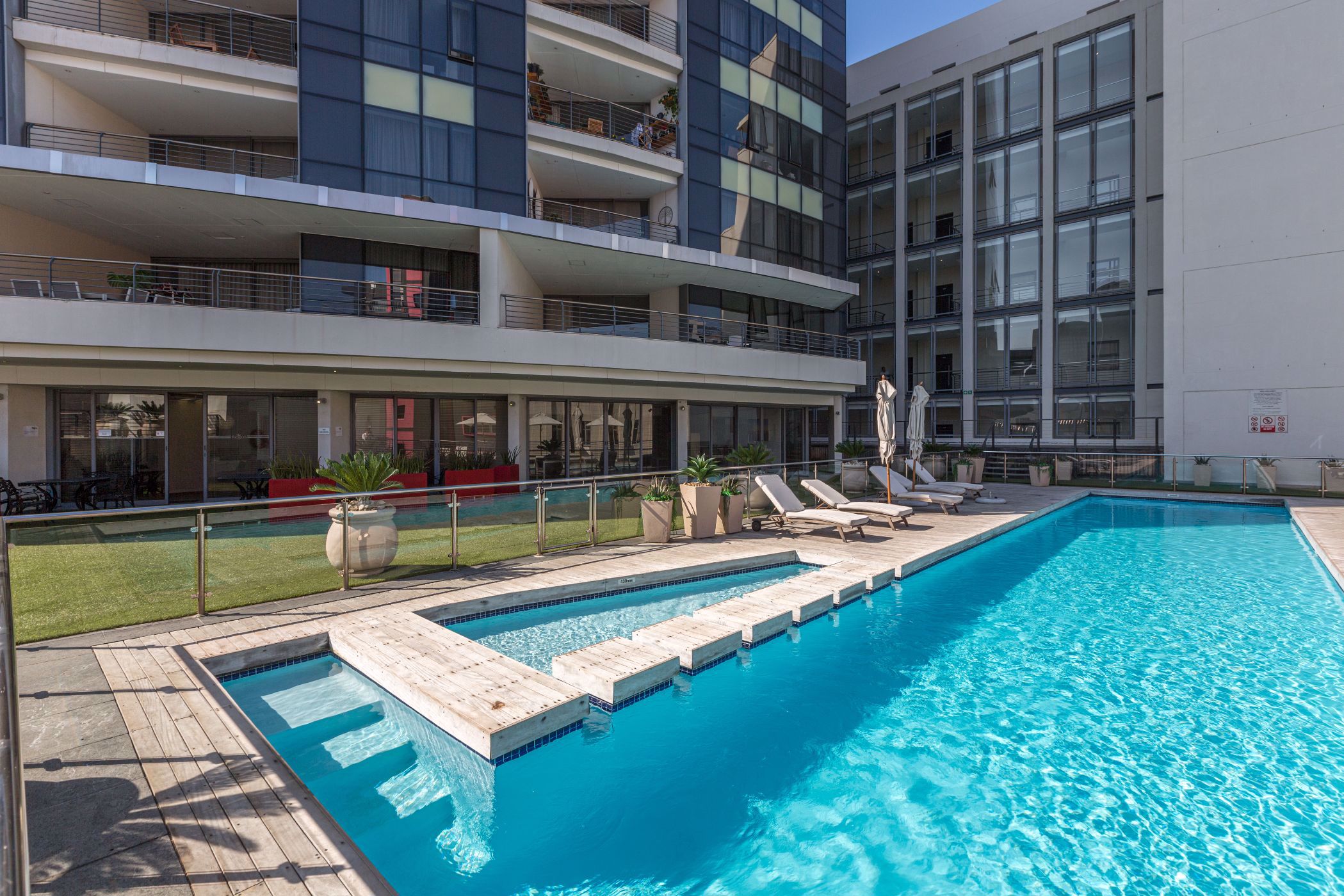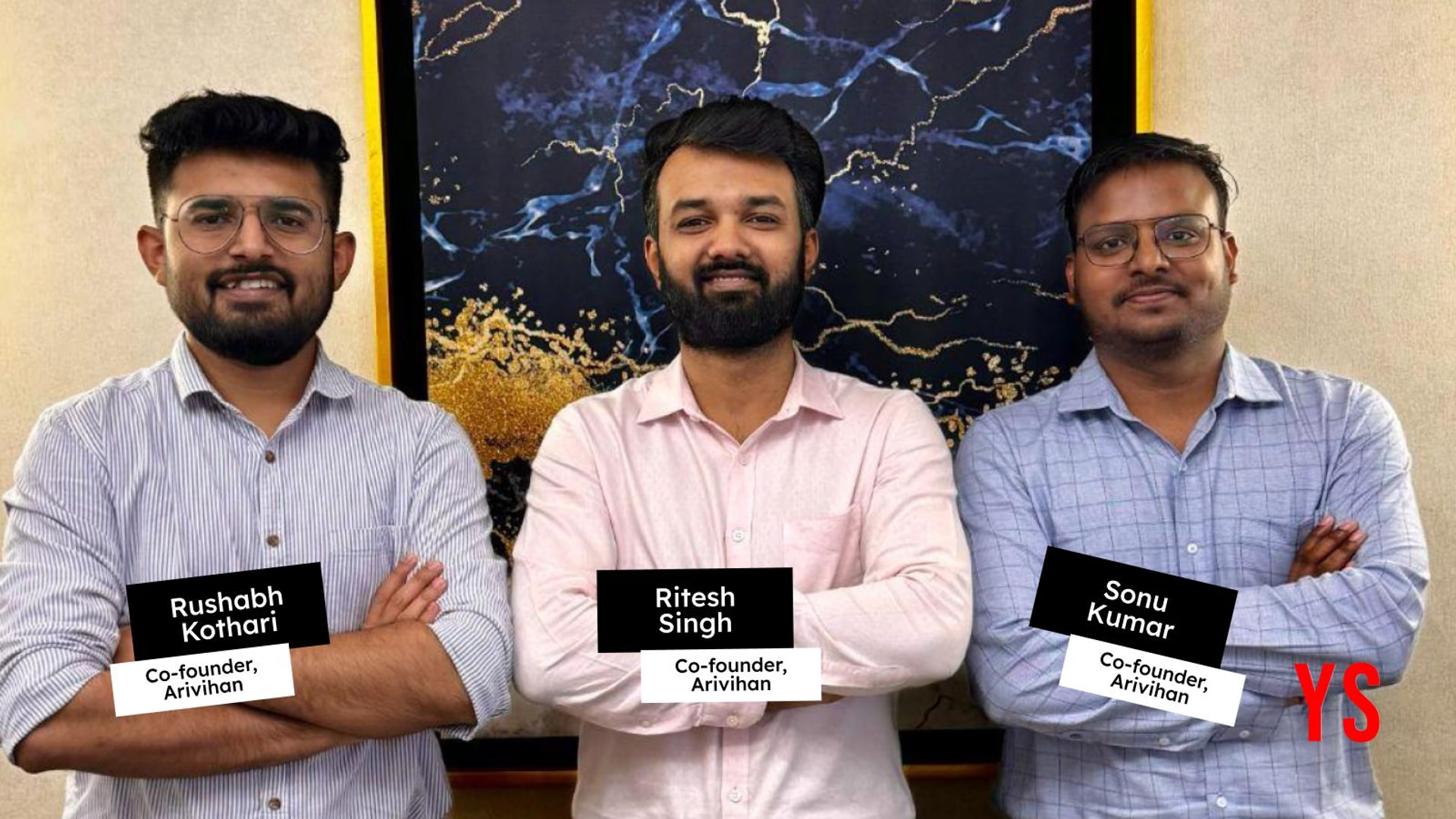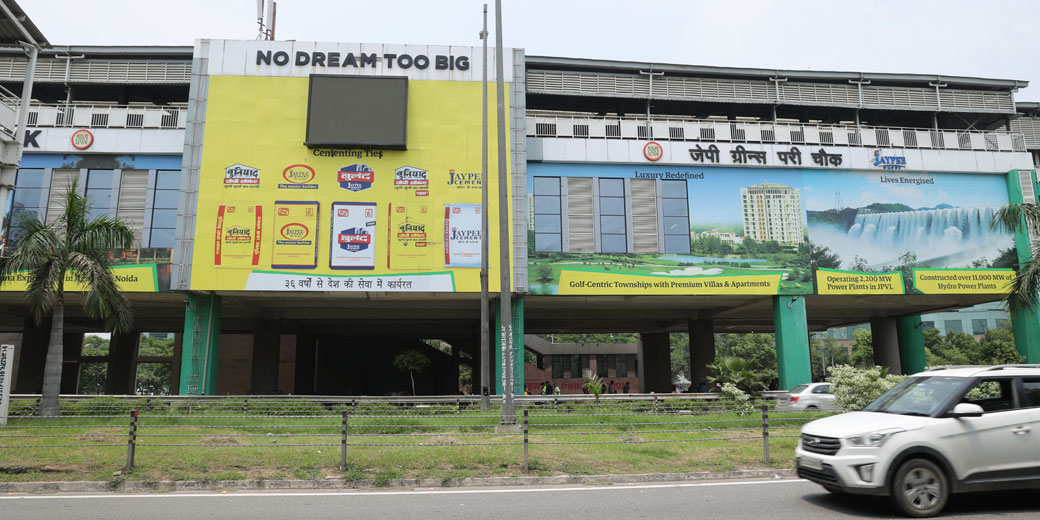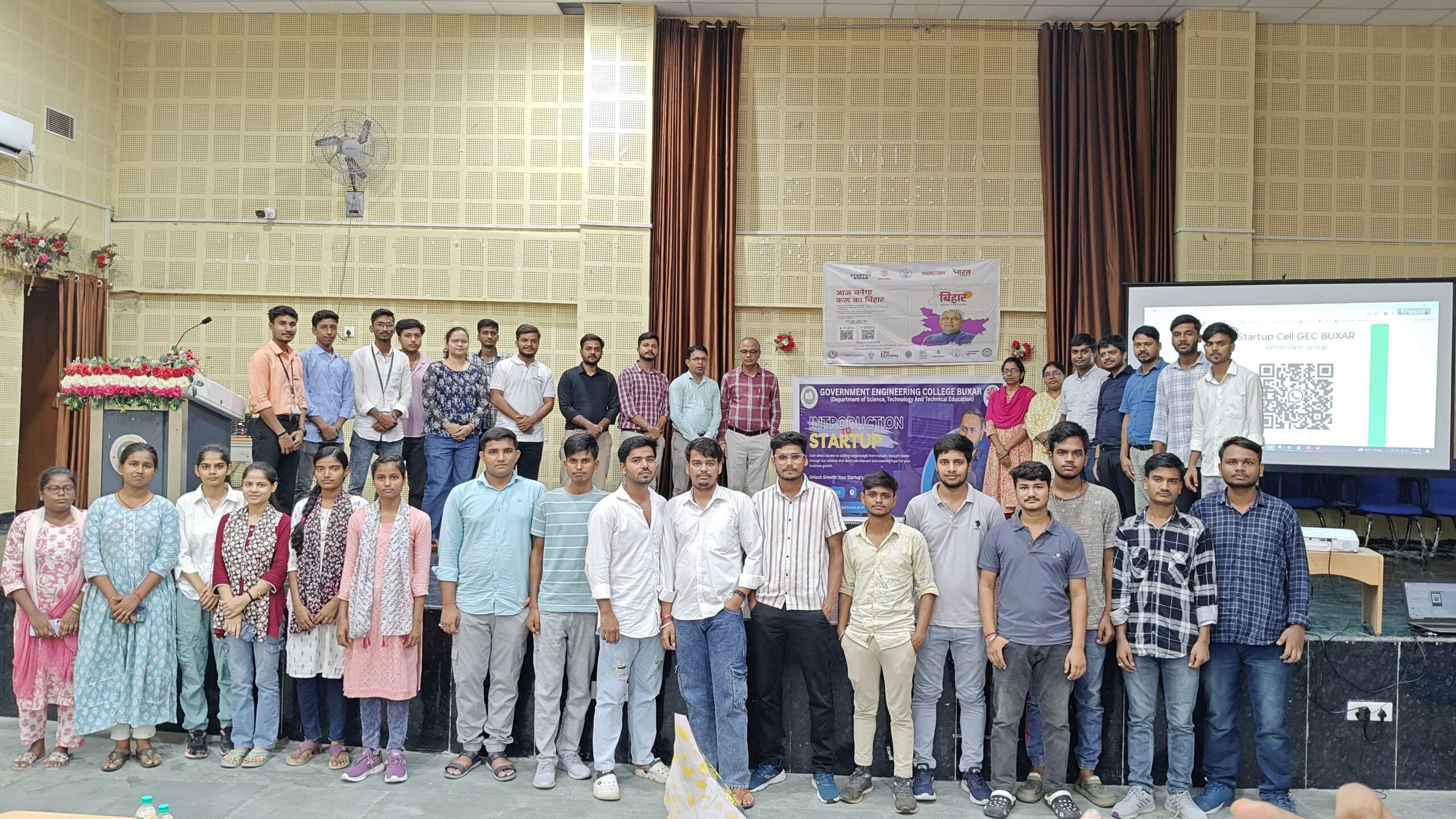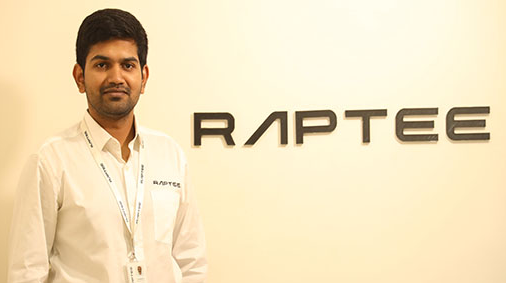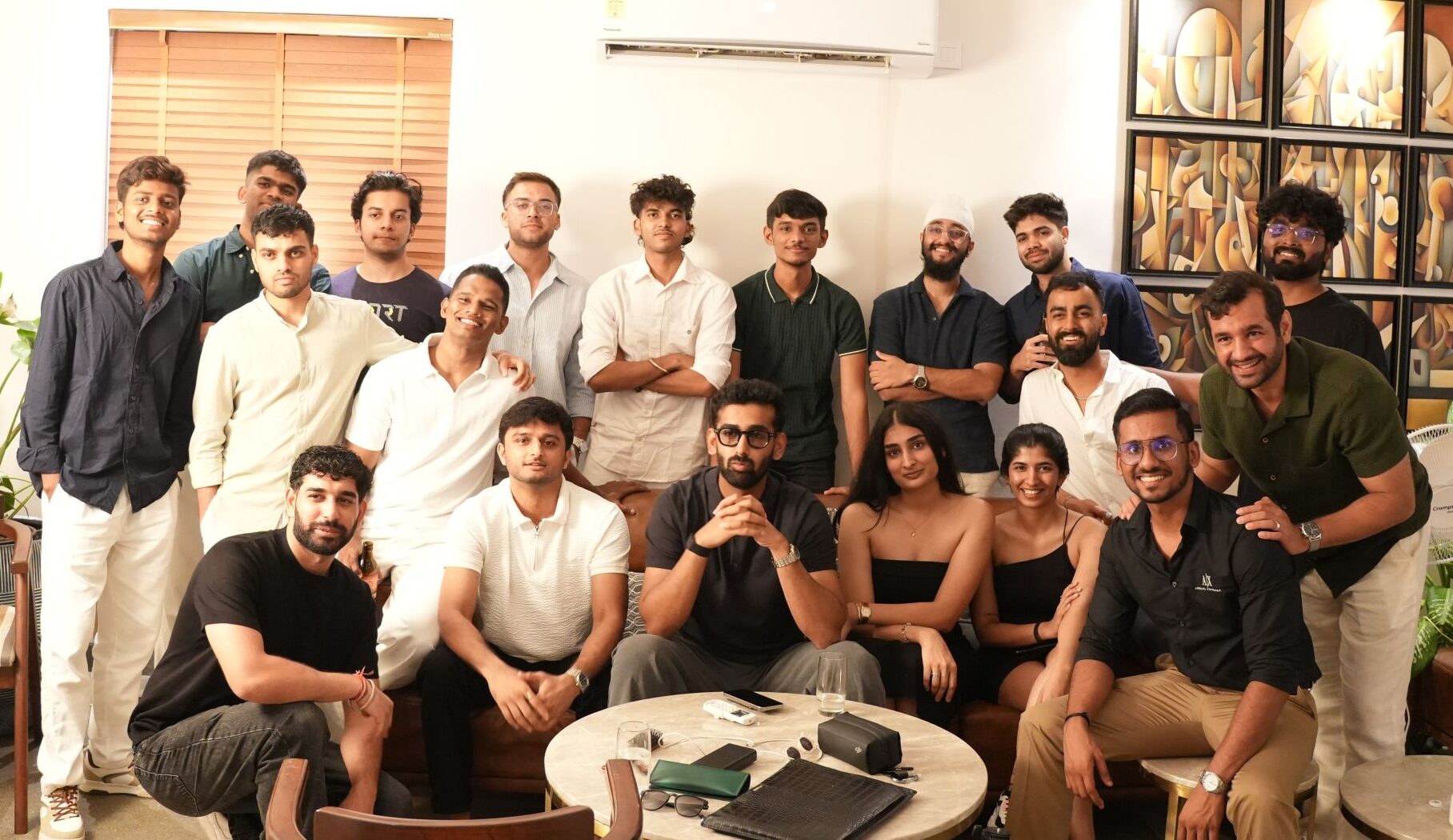The Noida Authority is developing a pioneering policy to regulate the registration of transferred residential plots and flats under multiple general powers of attorney. It aims to bring legitimacy to the ownership of such properties and revive the lost revenues of the Authority and the state government, lost over the years due to this lack of rules.
At a recent board meeting, officials said the policy would bring clarity and finality to the legal uncertainties surrounding GPA properties. “We will soon submit our proposal to the government. This policy could represent a significant advancement in Noida’s property administration,” said an official.
Scale of the problem
The problem is voluminous. Estimates by the Air Force Naval Housing Board suggest as many as 730 GPA-based properties in sectors 21 and 25 alone in Jalvayu Vihar, and 200 with multiple GPAs. Officials fear the number across the city might run into thousands.
Noida Authority CEO Lokesh M said, “The issue of multiple GPAs is a sensitive one, and it has to be addressed urgently. We will present the draft proposal to the government shortly.”
Last December, Chief Secretary Manoj Kumar Singh had asked the Authority to prepare a comprehensive report on new transfer rates. These steps are expected to substantially augment the revenue streams of the authority.
Present situation
The present regulations allow for transfers by the original GPA holder, and fees are charged at 2.5% to 5% depending on the type of transfer. However, the lack of provisions for subsequent GPA transfers has left many properties in a legal grey area.
Original Allottee Transfers: 2.5% fee of the prevailing rate.
Transfers to blood relatives: 3.75%.
Transfers to third parties: 5%.
This is further policy based on a 2003 government order that deals with the same issues. In that order, the holding of GPA was provided with a fee structure that varies from 30 to 90 percent of the property price depending on the transfer value. However, the policy only accepted transfers up to March 31, 2003, and was further extended until 2006. Despite transferring 600 properties under this system, subsequent years efforts toward a permanent solution were still undetermined.
Proposed policy enhancements
The suggested new policy does not increase the fees for the initial transfer. However, subsequent GPA transfers will have a much higher fee to further clarify and raise revenue.
Second GPA Holder Transfers: 10% of the prevailing rate.
Third GPA Holder Transfers: 15%
Further transfers: Incremental charges of 5% per transfer.
According to the officials, this policy will give legal security to property holders while creating a transparent mechanism for resolving ownership disputes. It is also likely to generate higher revenue through transfer fees and stamp duty collections.
A milestone in property administration
“This comprehensive policy will resolve long-standing property disputes and provide security to hundreds of families. It promises to strengthen the authority’s financial position,” said an official.
If implemented effectively, the policy could prove transformative for Noida’s property landscape, offering long-overdue clarity and stability to affected property owners.









